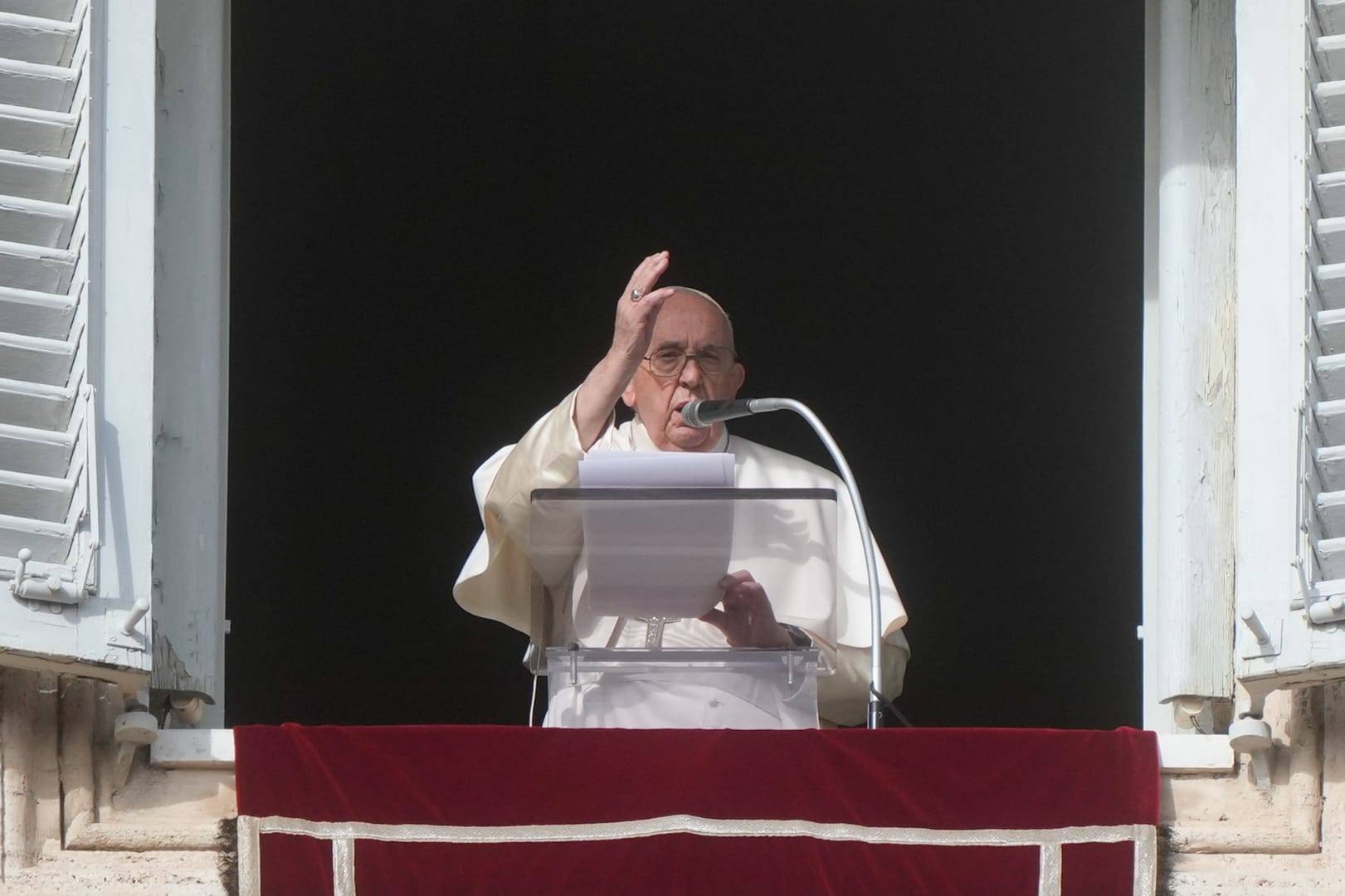MUMBAI, India — Hindu nationalists are using “the conversion bogey” to harass Christians and other religious minorities in India.
Archbishop Thomas Menamparampil, SDB, Archbishop emeritus of Guwahati, spoke to Crux about the situation of Christians in the country on the Feast of St. Thomas the Apostle, who is believed to have brought the Gospel to India, and to have been martyred near modern day Chennai. Thomas is the patron saint of the country, and the July 3 celebration is a solemnity in India.
Since 2014, India has been ruled by the Hindu-nationalist Bharatiya Janata Party (BJP), which has strong links to the Rashtriya Swayamsevak Sangh (RSS), a militant Hindu nationalist organization.
Incidents of harassment have increased over the past few months, with various Christians being detained or arrested for “attempted conversion,” and places of worship being vandalized.
“Even the best Church worker also can be accused of a conversion bid. The better the person, the greater the danger,” said Menamparampil.
Although freedom of religion is guaranteed by the country’s constitution, several Indian states — including Orissa, Madhya Pradesh, Gujarat, Chhattisgarh, Arunachal Pradesh, Rajasthan, and Himachal Pradesh — have anti-conversion laws aimed at preventing “forced” or “induced” conversions.
The archbishop said any Christian preacher, teacher, or social worker can be called to court.
“Little surprise that priests have been harassed, educators taking a group of children for picnic are being questioned, religious sisters taking a team of nurses for training are being held up by vigilantes who keep watch on every movement,” Menamparampil said.
He noted the Christian presence is minuscule in the country – about 2.3 percent of the population – and the Hindu majority is alarmed when they hear the word “conversion,” seeing it as a threat to their community’s culture and identity.
Menamparampil told Crux it is easy to call the different sections of Hindu society together against a “common enemy.”
“In real fact, the majority in the community cares least about the so-called ‘conversion,’ least of all the humbler sections, but they all can be brainwashed,” he said.
The archbishop said more and more of the media is coming under control of what he called “cultural nationalists,” while the police have become more pliable to the will of Hindu militants, and it is feared the courts could follow.
“With the passage of time all the structures of a totalitarian regime can be in position,” he said.
The archbishop said members of civil society are “not so gullible,” but noted their voices are growing fainter, and he said the danger is that they will be silenced.
Menamparampil then turned his attention to the economic policies of Prime Minister Narendra Modi, which the archbishop said were based upon building an “exclusive economy.”
“His big projects are for the benefit of the privileged few, of the elite that marginalizes the weaker sections of society, fragile castes and tribals, whose lands are being given away to multi-national corporations, mineral wealth from whose territories are being sold out to big money-bags with no benefit to indigenous communities,” he said, noting that “many lives have been lost in suppressing tribal uprisings in those areas.”
The archbishop said this “economy of exclusion” fits in well with some ideas of Hindu nationalism, based upon a world of castes and “communities that exclude each other.”
“The policy-makers know that an absence of Hindu solidarity will be hurtful for the dominant group’s long term interests,” he said.
Menamparampil said the government pushes policies such as protecting cows –which are sacred in Hinduism but a food source in Christian and Muslim communities – and opposition to conversion because most of the poorer members of Hindu society will not be impressed with “boasts about achievements in the field of economy.”
The archbishop warned Christians against appearing as a “contentious group,” and said the minority should not contribute to the polarization of society.
However, he did say the Church needs to remain vigilant, observe and intelligently interpret events, and not become alarmist; while always being open to dialogue.
“Christian hope is a force that gives confidence, not to the believer only, but is capable of planting the same confidence in the hearts of others,” he said. “May we flourish together!”

















